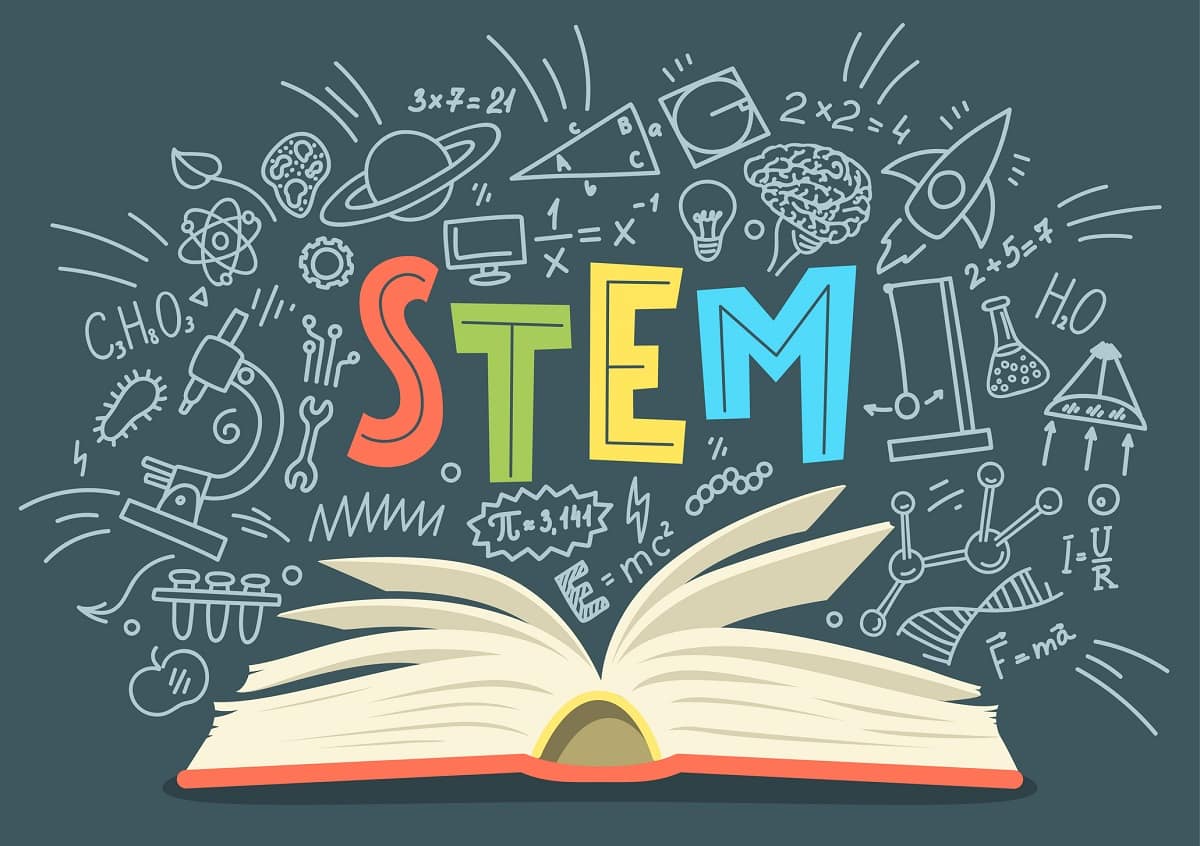Embry-Riddle Leads Way in Fusing Humanities, STEM Programs

Backed by a National Science Foundation (NSF) grant, an Embry-Riddle Aeronautical University professor is working to expand the definition of STEM (Science, Technology, Engineering and Mathematics) education by incorporating humanities lessons that focus on communication, reasoning and creativity.
The unique approach, called Humanistic STEM, or H-STEM, uses a blended curriculum to produce a more well-rounded — and marketable — graduate.
“I have heard so many students say, “I’m an engineer; I’m not creative,’” said Dr. Debra Bourdeau, Worldwide Campus associate professor from the College of Arts & Sciences who co-created H-STEM in 2018. “We try to show them how to see things through multiple lenses.”
The H-STEM method has proven so successful that Bourdeau earned a three-year, $291,000 NSF grant to adapt the model for other institutions. So far, there are six schools taking part in the program, including West Virginia University, Norfolk State and Embry-Riddle’s Daytona Beach Campus.
The initiative is yet another example of how Embry-Riddle is working to help students secure high-paying jobs. Throughout the university, faculty members are taking steps to give graduates a competitive edge in the job market by helping them bolster their communication skills through a Quality Enhancement Plan called Writing Matters.
Bourdeau originally devised the program working with her colleague and friend Beverly Wood, an associate chair of the Department of STEM Education.
“We realized that the disciplinary silos in academia really kept us and our students from realizing the connections between disciplines as well as the full intellectual context in which ideas are born,” said Bourdeau, who also serves as associate dean for student success and academics at the Worldwide Campus.
Their idea to blend humanities and STEM morphed into Worldwide’s HUMN 333 course: “How Fiction, Film and Popular Culture Represent Science and Mathematics.” The class was an instant hit and quickly gave rise to six other H-STEM offerings, including PSYC 355: “Psychology of Creativity and Innovation.”
This year, the Worldwide Campus will launch a new H-STEM minor.

 Jon O'Neill
Jon O'Neill